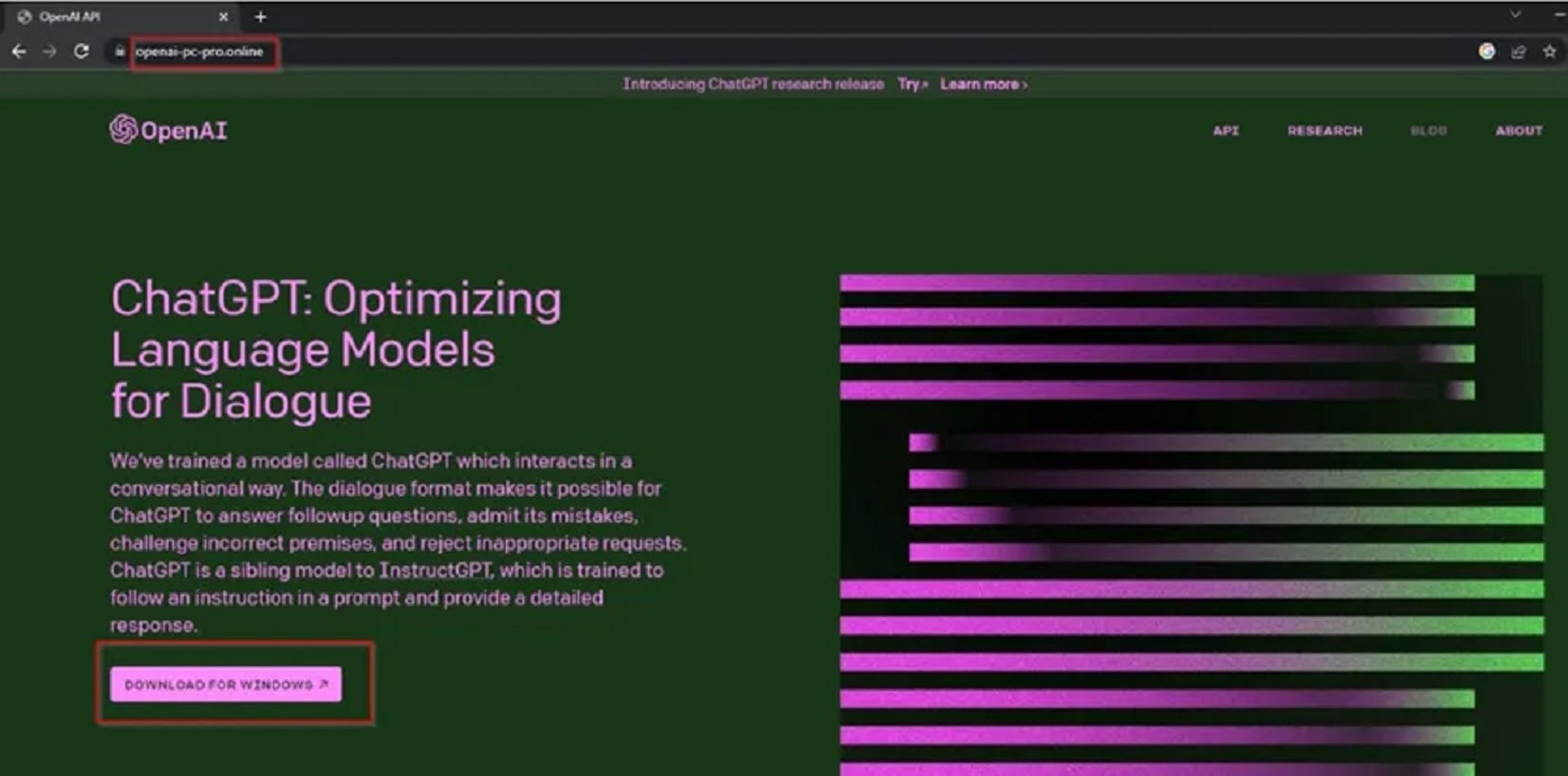As you know, ChatGPT is here to stay and it has completely broken the schemes of thousands of people who daily use this chatbot for all kinds of activities, improving its capabilities.
The secret to mastering ChatGPT and getting the desired results is choosing the prompts — also known as promises— correct for it. By using specific prompts, users can use the chatbot more effectively and achieve more personalized responses, thus unlocking the full potential of the chatbot.
However, be very careful because there are certain aspects of your interaction with ChatGPT that you should be very aware if you do not want to get involved in problems.
All that glitters is not gold and you have to keep in mind that in the end you are talking to a machine, no matter how human it may seem. However, there is no need to be alarmed either because taking into account the following warnings you will be able to perfectly nourish yourself with all its great advantages.
4 tips to keep in mind to avoid problems with ChatGPT
Be careful what you say
ChatGPT records and stores the transcripts of your conversations. This means that any information you put into the chat, including personal information, is collected. It’s easy to fall into the trap of accidentally giving ChatGPT your private data without realizing it until it’s too late, especially if you use it to review personal or business documents.
The reality is that ChatGPT logs everything you type into it. Its privacy policy states that when you use this chatbot, it may collect personal information from your messages, any files you upload, and any comments you provide. That makes ChatGPT also a cybersecurity risk.
It also states that your conversations can be reviewed by AI trainers to develop the chat and further improve the system. Therefore, your personal data is not only compromised, but is used for the benefit of OpenAI.
Do not fall for the fake websites and applications of ChatGPT
As ESET explains in a recent report, Cyble Research and Intelligence Labs (CRIL) has identified several cases where the popularity of ChatGPT has been taken advantage of to distribute malware and carry out other attacks.
They identified an unofficial social media page by ChatGPT with many followers and ‘likes’ that features multiple posts about this artificial intelligence and other OpenAI tools.

However, a closer look revealed that some posts on the page contain links that take users to pages of phishing that impersonate ChatGPT. These trick users into downloading malicious files onto their computers.
Here we must also add that since OpenAI has not developed a mobile application with ChatGPT this is being used by cybercriminals to distribute fake Android apps that download spyware either adware on smartphones. More than 50 malicious applications have already been detected.
Always ask for sources to verify the information
One of the greatest virtues of ChatGPT is that it provides information, but its veracity and precision may be false or incomplete. That’s because ChatGPT doesn’t provide sources, footnotes, or links—as Bing does—to generate the information used in your responses.
To start, you should ask ChatGPT something that needs sources or citations. Also, it’s always better to ask a question with a longer answer so that ChatGPT has more background information and thus avoids making up text.
Please note that ChatGPT cannot provide any information after 2021 and requests for information prior to the advent of the Internet will have far fewer sources available. By asking where the information was extracted from and the chatbot giving you the links, you can make sure that what it tells you is not completely invented information.
Pay attention to the copyright of the information provided by the chatbot
As a language model, ChatGPT is an artificial intelligence system that trains on a large set of text data and can generate responses in a human-like manner.
Responses created by ChatGPT are not considered original creations of the human mind and are therefore not protected by copyright law. This means that the output of ChatGPT can be used freely without asking for permission or obtaining a license.
However, It is important to note that responses generated by ChatGPT may contain information protected by copyright law, such as text or images that are copied from other sources.
In these cases, it is important to obtain permission or a license to use the content in a specific way, in order to avoid infringing the intellectual property rights of others.















![[Img #74661]](https://thelatestnews.world/wp-content/uploads/2024/12/The-power-of-ultrasound-300x200.jpg)